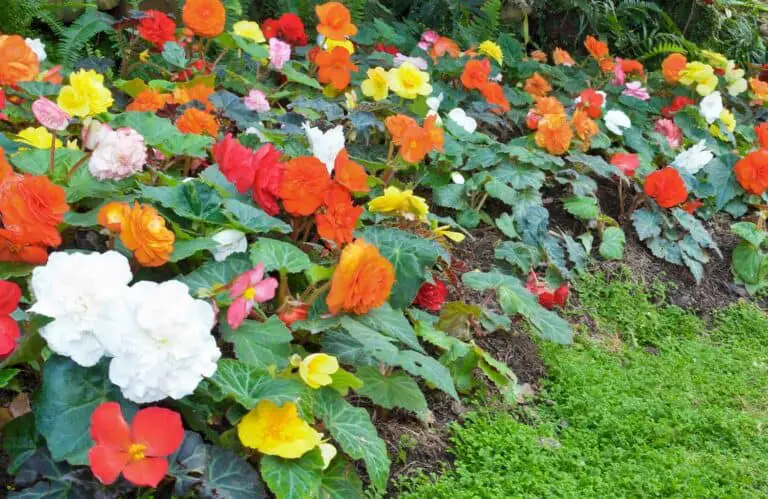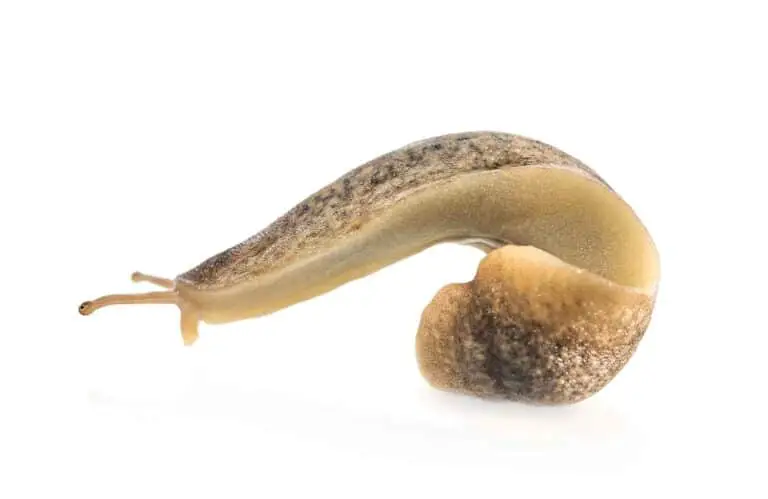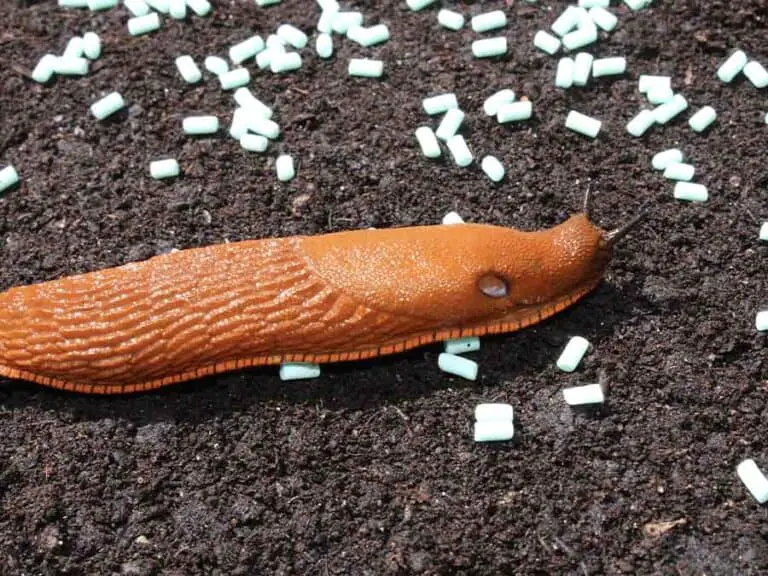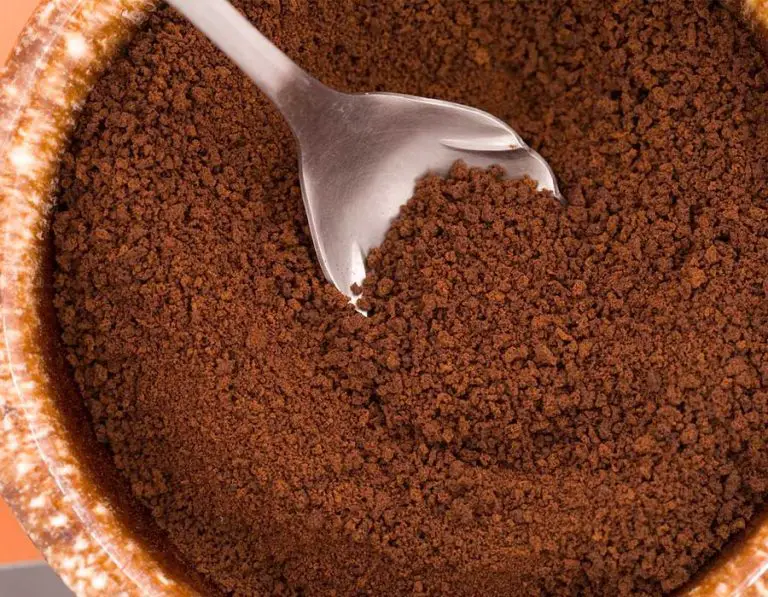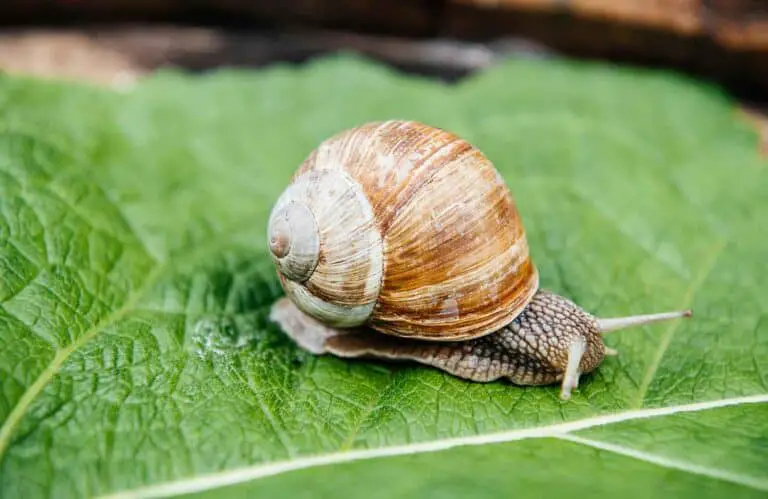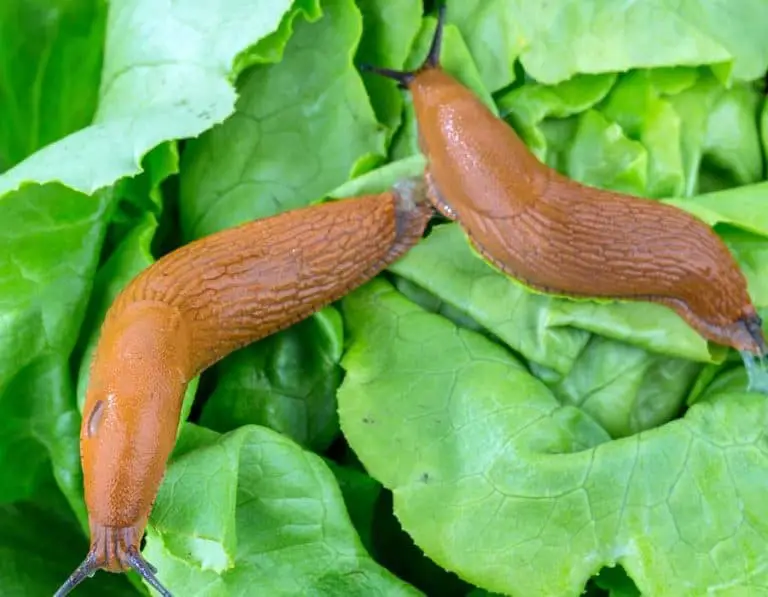Can Chickens Eat Slugs?
Chickens are curious creatures that will try to take a taste of nearly anything they can get their beaks on. This includes slugs, which are a common sight in gardens and yards.
But is it safe for chickens to eat slugs?
The answer is yes and no depending on the area they live. Slugs can carry parasites, bacteria, and viruses that could be harmful to chickens, so it’s important to know what kinds of slugs live in your area.
In many parts of the world, wild slugs are considered safe for chickens to eat as long as they have not been exposed to toxic chemicals or fertilizers. Slugs have high levels of protein and fat that make them a tasty snack for chickens.
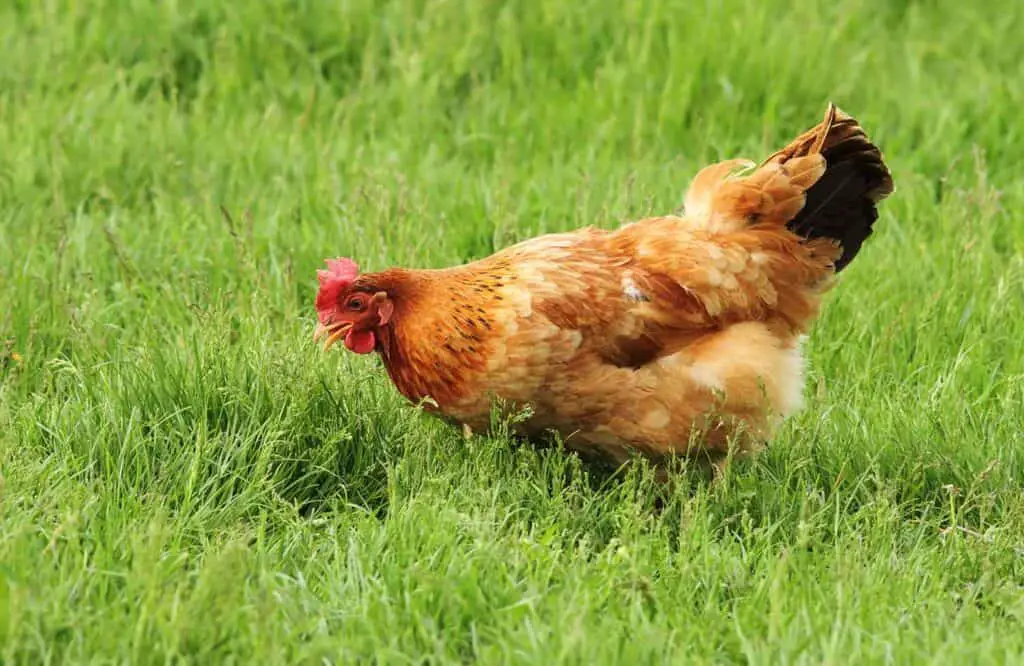
In other areas, however, slugs can carry parasites or disease-causing germs that could be passed on to the chickens and make them sick. If you’re not sure about the safety of wild slugs in your area, it’s best to avoid feeding them to your birds.
What Do Chickens Eat?
It is not unexpected that slugs are on the list of items hens eat given their naturally omnivorous diet. What alternative food sources are there for chickens, though? Chickens typically enjoy eating a range of grains, leafy vegetables, and insects.
Along with consuming food leftovers, they also like to eat other things they find when scavenging. Giving your chickens a varied diet will keep them strong and healthy.
Additionally, it’s critical to give them access to clean air and water. Chickens can live up to ten years or more with the right diet and care!
The Benefits and Drawbacks of Giving Slugs to Chickens
A fantastic idea to provide your hens with an additional source of nourishment is to feed them slugs.
A high source of protein is found in slugs, which may keep your hens robust and healthy.
However, feeding slugs to your chickens has significant drawbacks. Slugs are safe for hens to eat, but because of their size and slimy texture, they can be a choking hazard for humans.
Additionally, since slugs naturally prey on chickens, you can unintentionally be bringing predators into your chicken coop. Before choosing to feed slugs to your chickens, it’s necessary to weigh the benefits and drawbacks.
Chickens and Slugs: The Risks
Before deciding whether to let hens eat slugs or not, it’s critical to comprehend the risks associated with slugs.
Rat lungworm and gapeworms are only a couple of the potentially dangerous parasites that are known to live inside slugs.
Gapeworms are red, spherical worms that, if consumed by chickens, can cause respiratory difficulty.
Slug pellets can also be hazardous to other species, especially chickens, if consumed in sufficient quantities.
Therefore, it is advised to provide your hens a balanced diet and watch that they don’t eat too many slugs if you choose to offer them to them.
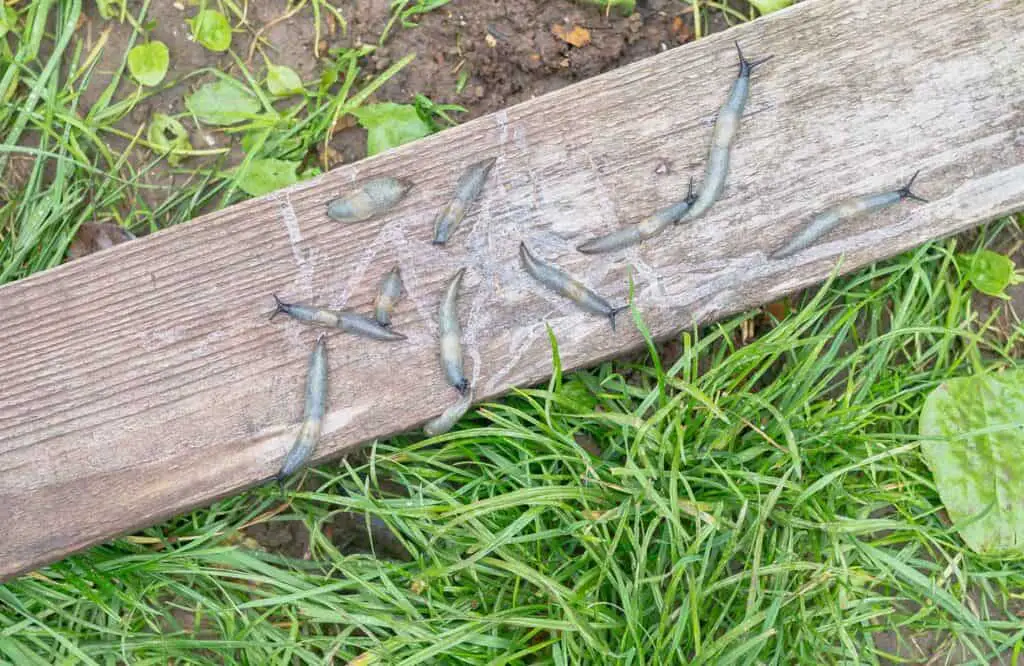
Natural Slug Hunters
Frogs, toads, snakes, turtles, ground beetles, firefly larvae, songbirds, chickens, and ducks are a few examples of natural predators that can help control the slug population.
Chickens will eagerly consume termite, vine weevil, and beetle larvae nests, while slug, snail, and flying ant eggs are cheerfully eliminated.
This means that if you have chickens in your area, you can contribute to keeping slugs out of your garden and coop.
Slug Population Control in Your Chicken Coop
Once you’ve decided that feeding slugs to your chickens is safe, it’s crucial to take action to keep slug populations in check.
There are various strategies to lessen the number of slugs on your property if you have a chicken coop or run.
Slugs enjoy damp surroundings, so one thing you can do is make sure to maintain a clean and dry chicken coop and run.
As weeds and overgrown areas shelter slugs, you can lessen their presence surrounding your coop and run.
Additionally, it is a good idea to routinely check the area for eggs, snails, and slugs. If you find any, you may either get rid of them or use insecticides that are safe for chickens to control their population.
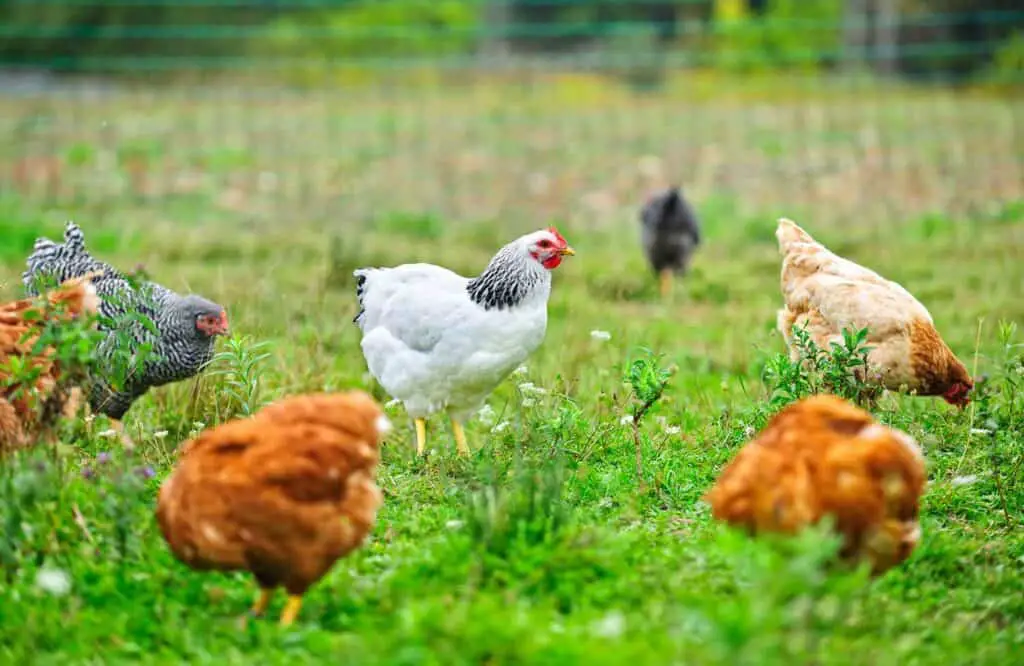
Advice for Protecting Chickens from Slugs
The key to avoiding any potential infections or harm to hens is to keep them away from slugs. The coop or garden area can be enclosed with a fence or other barrier, or you can make sure the chickens have plenty of room to wander and graze in an area free of slugs.
Furthermore, it’s crucial to regularly inspect the area around the chicken coop for slug indicators and to check your chickens for symptoms of slug consumption if you suspect they’ve been eating them.
Slug Control Using Pesticides Safe for Chickens
Slug control is crucial for maintaining the safety and wellbeing of hens. Slugs and snails can be eaten by chickens, but you should exercise caution and be aware of the potential hazards.
It’s possible that your chickens ingested hazardous compounds from chemical insecticides you used to try to control slugs. Fortunately, there are other slug management techniques that are appropriate for use around chickens.
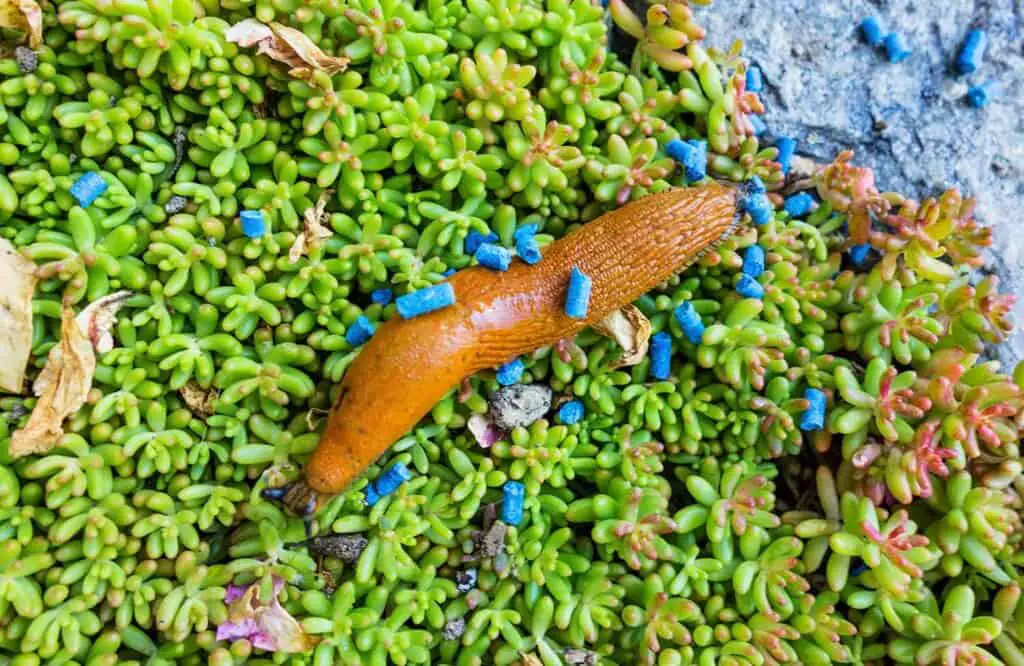
You may protect your hens from slugs and other pests by using pesticides that are appropriate for use around poultry.
You can use these items without being concerned about any risks to your flock because they are made to be safe for poultry. These remedies’ active chemicals will eliminate slugs, but if your hens accidently consume them, they won’t damage them. Make sure the product you purchase is made particularly for chickens by carefully reading the label.
How to Give Chickens Nutritious Alternatives to Slugs
Fortunately, there are many nutrient-dense substitutes for slugs that can give chickens the nutrients they require.
Both mealworms and earthworms are rich sources of protein, and they are frequently simpler to locate than slugs.
Chickens can also eat grasshoppers, crickets, and other insect larvae as a source of food.
Chickens can also be fed fruits and vegetables, and many of them like them as treats. A variety of commercially available diets are also available that can give chickens a diet that is both full and balanced. Your chickens will remain healthy and happy if you provide them a range of wholesome snacks and meals.
The Advantages of Having a Garden That Is Chicken-Friendly
One of the many advantages of keeping hens in your garden is that they act as a natural insect deterrent. Slug numbers can be controlled by chickens since they consume them before they can harm your vegetation.
Furthermore, hens are excellent at producing fertiliser and consuming any leftover fruits or veggies from your garden. A excellent method to keep bugs and weeds out of your garden while still getting some delicious fresh eggs is by keeping hens there.

